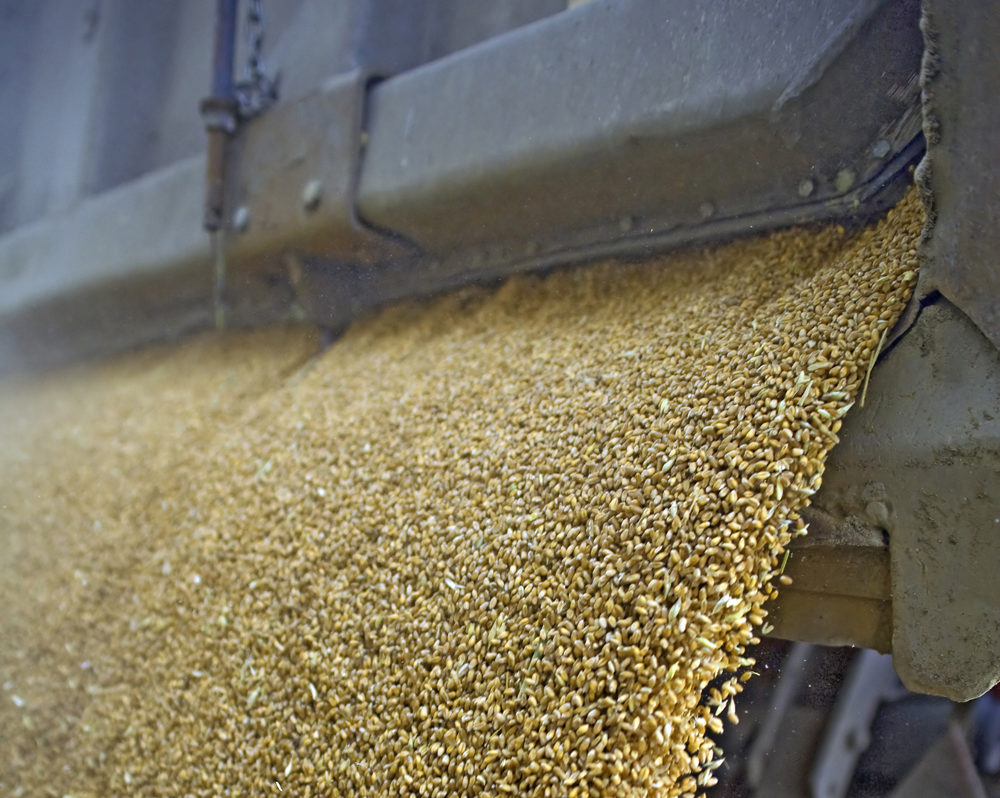Monsanto should stop pretending it’s doing farmers any favours in the upcoming expiry of a patent on a genetically engineered soybean, says Bob Friesen, president of Farmers of North America Strategic Agriculture Institute.
“Farmers are sick and tired of these empty promises,” Friesen, the former longtime president of the Canadian Federation of Agriculture, said in an interview. “The company will suspend production of that variety to force farmers to buy their new, improved version.” The patented variety will be available in time to replace the existing modified one.
Read Also

CUSMA access key among other trade noise: Seeds Canada panel
Seeds Canada conference panelists say Canada needs to stay focused and wait as U.S. trade and tariff chaos develops, and a Canada-U.S.-Mexico Agreement review looms
He seemed doubtful other plant breeders would try to continue to produce the variety once the patent expires. “Monsanto has got farmers right where they want them.”
Monsanto has launched an information campaign about the impending end of patent on its original modified soybean. Farmers growing the seed this year won’t be able to save the seed under their existing technology use agreements, says Mike McGuire, Monsanto’s sales and marketing lead for Eastern Canada.
Under Technology Use Agreements, farmers can’t save GE seeds for future planting.
Next year, they could buy the seed from a company holding a valid licence for the variety without any contractual obligations or royalty payment to Monsanto, he added and save seed from that crop to plant in the future.
However, when seed companies were surveyed by the Manitoba Co-operatoronly Pioneer Hi-Bred was committed to supplying the seed in 2012, and it requires farmers to sign a contract restricting them to one-time use.
Friesen said the issue highlights the impact of the federal decision 15 years ago to get out of most agriculture research in favour of working with companies. “We’re at the mercy of the private sector.”
FNA is pushing to have the terms of technology use agreements opened up to give farmers more flexibility, Friesen said.
Lorne Hepworth, head of CropLife Canada, said that the patent expiration should lead to farmers having more choice in seed suppliers. While farmers may welcome the change, the real issues farmers should be focusing on is a coming explosion in GE traits from approximately 30 now permitted to 125 by 2015. Breeding work is being done by companies around the world. “It will change the landscape of GE technology. We will move away from input traits (like pesticide resistance) to a wide variety such as nutritional benefits.”
That will likely bring the debate back to whether GE wheat is acceptable, he predicted.
Other first-generation biotech crops will be coming off patent in the next couple of years and the American Farm Bureau wants the biotechnology industry to develop a way to avoid seed shortages or trade disruptions.
Up to two dozen GE seed varieties will be off patent, the bureau says. Growers and seed groups want to know if generic versions of the modified seeds will be available in time and if other nations will accept the crops. It also wants seed developers to be given a head start on breeding generic varieties before patents expire.


















